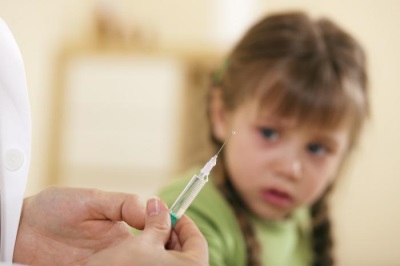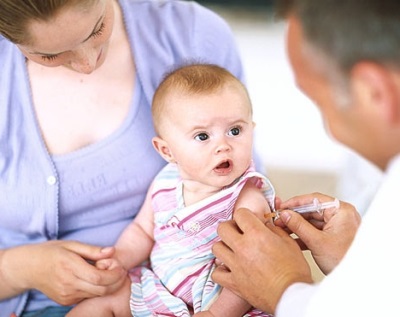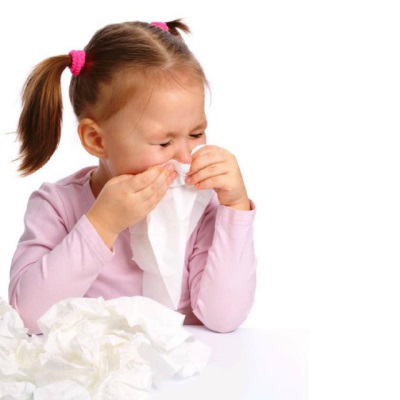Is it possible to vaccinate a child with a cold?
Vaccination helps protect the child's body from serious diseases, but there are a number of contraindications to its implementation. Does a runny nose apply to them and is it possible to vaccinate a baby with inflamed nasal mucosa and abundant nasal discharge? In what situations should such a symptom not be an obstacle to the vaccine?
Do vaccinations for a cold?
To find out if vaccination is possible in a baby with a cold, it is important to consider the type of cold (infectious, allergic or other) and the general condition of the child. To this end, when All children are examined by a pediatrician. To neglect such a survey should not, even if it seems that the runny nose is easy and does not interfere with the baby. The specialist will immediately understand whether the child’s immunity will withstand the vaccine load, and whether the baby has any other contraindications to vaccine administration.
About how the child can be vaccinated and under which conditions it is not possible, see Dr. Komarovsky’s program on child vaccination for more details:
ARVI and vaccination
The most common and frequent cause of a runny nose are acute respiratory tract infections caused by viruses. Nasal discharge in such infections is combined with cough, fever, weakness and other symptoms of intoxication. The acute phase of ARVI is a contraindication to any vaccination, so babies with such diseases are not given vaccinations.
If a child has a fever, runny nose and lethargy, the doctor will see these symptoms during the examination, prescribe the necessary treatment and postpone the planned vaccinations until the child is completely healthy.
Many pediatricians do not recommend vaccinating babies even in the absence of fever and other symptoms of acute respiratory viral infections, considering vaccination as a strong stress for a child’s body that is acceptable only for healthy children.
Physiological rhinitis
Long runny nose that occurs in infants of the first months, just getting used to breathing through the nose, is considered a variant of the norm, and that is why it is called physiological. Such a runny nose is manifested by a small amount of clear discharge, sniffing and “squishing” during breastfeeding or sleep. The general condition of the baby with such a runny nose is not disturbed, so there is no need to postpone the vaccine. At the same time, the pediatrician must certainly inspect the child and confirm that rhinitis is indeed physiological and in no way prevents to implement the vaccination schedule.
Is it possible to inoculate with allergic rhinitis?
An allergic runny nose usually appears after exposure to the child's body of allergens from inhaled air. They are most often represented by dust, down, pollen of plants, household chemicals, wool and other substances that provoke allergic reactions. Such a runny nose has a long course and requires specific treatment. In the acute state, any vaccinations are postponed until the moment when the child's condition returns to normal.
Other causes of rhinitis
If the appearance of rhinitis is caused by the action of irritating factors, for example, dust, strong odors or over-dried air, this symptom is rather quickly eliminated and will not be an obstacle to vaccination. With a cold, caused by a foreign body, a polyp in the nasal cavity or a curvature of the nasal septum, it is allowed to vaccinate the child.
Mantoux reaction at a cold
Mantu does not apply to vaccinations, however, when a runny nose appears, parents doubt whether it is permissible to conduct such a test. At its core, this test is the introduction of an allergen, which causes such nuances:
- With ARVI with a cold, Mantoux is not done A test is allowed only a month after recovery.
- If allergic rhinitis to Mantoux test should be prepared with the help of antihistamines, and if the child has acute symptoms, the test is carried out only after their relief.














